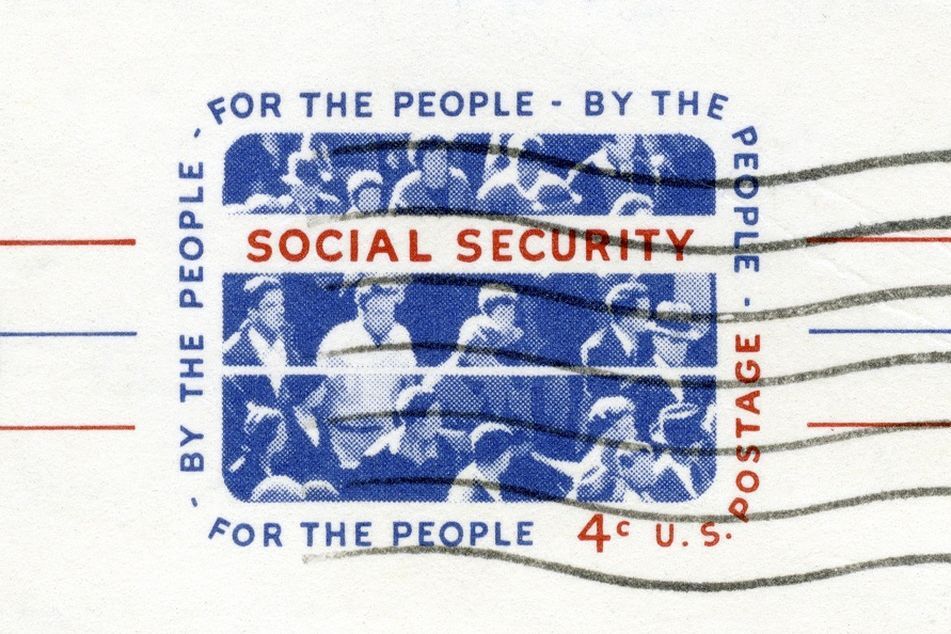Why the payroll tax holiday is a bad idea

Squeezing Social Security’s funding source could accelerate the depletion of the trust fund
While Americans may be divided politically, there is one topic that garners nearly universal support, regardless of party affiliation: Social Security.
A recent AARP survey of more than 1,400 American adults — including Democrats, Republicans and independents — found 96% of those polled said Social Security was either the most important government program or an important one relative to other government programs. In addition, 2 in 5 of those surveyed said they will rely on Social Security as a substantial source of their income in retirement.
So it seemed odd that President Donald Trump signed an executive memorandum in early August to defer collection of the employee portion of the payroll tax — a primary funding source for Social Security — from Sept. 1 through Dec. 31 for workers earnings $104,000 per year or less. The president later said that if reelected, he would work to rescind payment of those deferred taxes and even suggested that he would “eliminate the payroll tax” altogether.
“At the end of the year, the assumption that I win, I’m going to terminate the payroll tax,” Trump told reporters last week. Aides later tried to walk back the president’s remarks, explaining that he meant he would forgive the deferred taxes, not terminate the entire payroll tax. Still, his remarks raise some serious concerns.
Trump said he took executive action in response to the economic crisis triggered by the COVID-19 pandemic. “I am directing the Secretary of the Treasury to use his authority to defer certain payroll tax obligations with respect to the American workers most in need,” the memorandum said.
Unfortunately, a payroll tax holiday only helps people who still have a job. It does nothing for the more than 16 million Americans who are currently unemployed. And so far, businesses have been slow to embrace the proposal.
During the Great Recession in 2008-2009, Congress approved a 2% holiday on both the employer and employee share of the payroll tax, officially known as the Federal Insurance Contribution Act tax or FICA. The payroll tax shortfall was ultimately repaid from general tax revenues.
But that payroll tax replenishment didn’t make up for the $10 billion drop in FICA tax collections that resulted from job losses during the Great Recession, which accelerated the date at which the trust fund is expected to be depleted from 2041 to 2033.
The latest Social Security Trustees’ report projects a 2035 depletion date for the combined Old Age Survivor and Disability Insurance trust fund — the same as the previous year’s report. But the 2020 edition was completed before the pandemic hit and therefore is likely to be revised next year.
In reality, the current recession is likely to accelerate the estimated exhaustion date for the trust fund — and that assumes continued funding through the existing payroll tax contribution formula. Reduced funding would only exacerbate the problem.
But the bigger issue goes beyond trust fund accounting. It involves philosophy.
“It’s the nose of the camel under the tent,” Bill Hoagland, senior vice president at the Bipartisan Policy Center, said during a recent discussion of Social Security reform options sponsored by the American Academy of Actuaries.
Shifting Social Security financing from a dedicated payroll tax to a reliance on general tax revenue would eliminate the program’s political clout, relegating it to welfare status and forcing it to compete with every other government program for limited federal funds, Hoagland said. And after spending more than $3 trillion on emergency stimulus relief so far, the federal government will be under enormous pressure in the future to cut spending and raise taxes to service the ballooning budget deficit.
Since its inception in August 1935, Social Security has been an earned benefit, funded by worker’s payroll tax contributions over their lifetime to ensure some protection against poverty in old age once their paychecks stopped. In its 85-year history, Social Security has never missed a benefit payment.
More than 180 million workers contribute to Social Security through their payroll taxes and approximately 65 million Americans, including retired, disabled or deceased workers and their families, receive approximately $1 trillion in benefits each year.
Under current law, Social Security can only pay benefits from its earmarked payroll taxes, not general revenues. If Congress fails to act before those trust funds run dry, benefits would have to be cut by 21% across the board for all beneficiaries.
It’s a doomsday scenario that has never happened before. If current FICA tax collections were reduced or eliminated, the day of reckoning could come much sooner.
There’s a reason Social Security is called the third rail of politics. It serves as a warning to politicians: Touch it and you die.
Learn more about reprints and licensing for this article.








